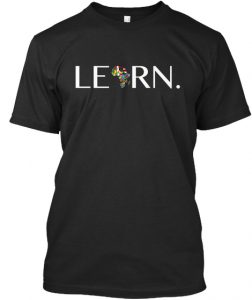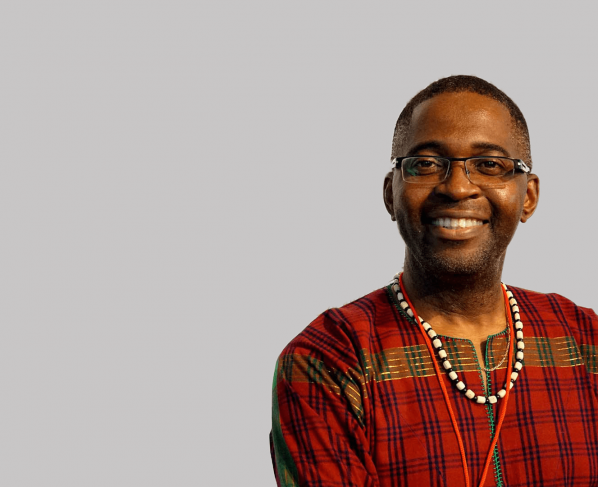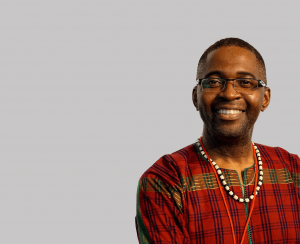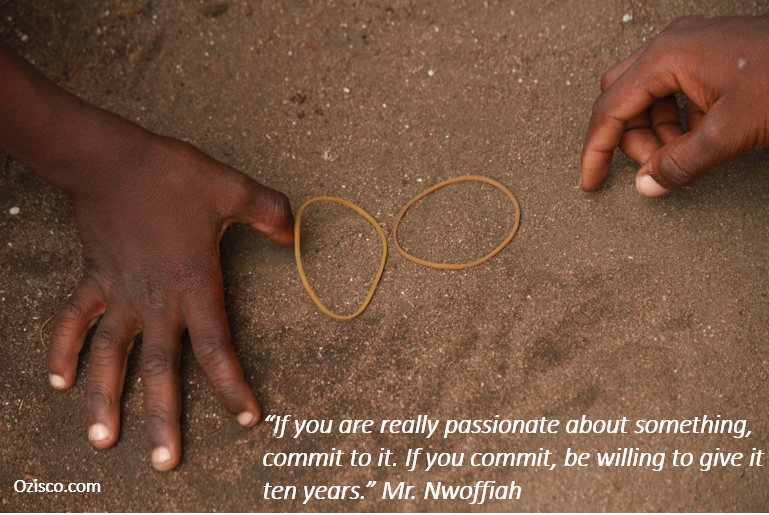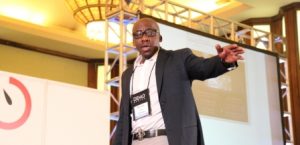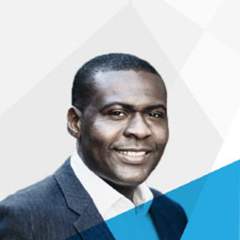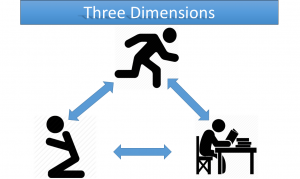A conversation with Kelly and Tiffanie, Founders of GrabGrubGo, following their winning pitch at Umu Igbo Unite 2021 Convention where they won $10,000.
Ozii: Tell us a bit about your different backgrounds.
Tiffanie: I have been running small businesses since I was a little girl. I sold candy, I babysat, and I even made and sold keychains. If there was a way to make money doing something, I was going to do it. But, more than the money, I loved seeing my ideas come to fruition.
Kelly: I grew up taking things apart and putting them back together. It was not as much of a drive to develop a business; it was a desire to learn why things work. I took computers apart at eight years old, built websites in junior high, and took IT certifications before starting high school. Going through college and realizing then that I could use my skills to make money was very rewarding and put me on this path to monetize anything that could be tedious for anyone else. I’ve built a lot of businesses while looking for a pathway to truly expand into something great!
O: Tell us how you came up with the idea of GrabGrubGo? What’s the significance of solving the identified problem for all the stakeholders impacted (food truck owners, customers, and the community)
T: At work, we often had food trucks that come to the office to serve food. Everyone would always be super excited because food trucks always meant a break from the ordinary bologna sandwiches we were bringing to work. Once the truck would arrive, everyone would naturally flood the lots. There would be a long line, and we’d be standing out in the hot sun. It was an interesting experience. The food was good, and you got to talk to your coworkers in a way that you wouldn’t typically talk to them in the office. However, the overall experience was pretty bad. We would all be so hot and would spend the entirety of our lunch hour, if not more, waiting in line for the food. So one day, I sat back and wondered if there was a better way to do this?
K: Tiffanie and I briefly worked together and became fast friends. Sharing our various work struggles and entrepreneurial efforts was tremendous and, if nothing else, presented an opportunity to discuss ideas and offer help to one another. In one of these discussions, she described her food truck experience, and I instantly told her, I can build that, and I know it can be game-changing. Fast forward to today, and we have grown relatively quickly in our quest to solve this problem. We welcome you all to follow our journey on Instagram @grabgrubgohtx or email us at tiffanie@grabgrubgo.com or kelly@grabgrubgo.com
T: I think our application is a win-win for everybody involved. People want to patronize food trucks more; however, there are too many obstacles to overcome to figure out where the trucks are, what they serve, and how to pay them. GrabGrubGo will bring so many more options to everyone’s fingertips. People will finally be able to see all of the food trucks in their vicinity. And food trucks will have a streamlined way to accept orders and payments from their customers.
O: What was your pitch preparation strategy? What resources did you find most helpful, and why?
K: The biggest thing that we did to prepare was to make sure we understood the task at hand and had a good grasp of our strengths and weaknesses early based on the guidelines that UIU presented. We binged a lot of SlideBean videos to understand better what works and what doesn’t. We went through multiple deck iterations to clarify our vision and answer questions that we thought the judges could ask. Going through our journey prepared us for the competition and further fleshed out our product, and pushed our creativity well past our preconceived notions. Understanding how to tell a good, concise story was our goal.
O: You seemed very confident on stage; tell us about your experience delivering your pitch in front of the judges and audience? What did that feel like and what’s your advice for startup founders pitching for the first time?
T: It’s funny you say that because I was so insanely nervous, I thought my ankles were going to crumble into ash. I remember trying to go through the slides in my head before getting on stage and remembering nothing. My brain felt like an Etch-a-Sketch that had been shaken. But, once we got on stage, something changed. There was just something about the energy in the room. There were so many smiling, warm, and welcoming faces in the crowd. It felt like people were genuinely interested in hearing what we had to say, so the words just spilled out.
K: I had to block everything out mentally. When the first presenter went on stage, I had to close my ears, say a little prayer, and rap some lyrics to a Notorious BIG song to keep my head in the game. Once it was our turn, everything else was automatic. My practical advice for founders pitching for the first time is not to psych yourself out. No one knows what your product or service offering is, and therefore, no one will know if you make a mistake. Honorable mention would be to keep it simple. Understanding what we needed to say and then building our story around it allowed us to stay on task and put out the best parts of our story.
T: The other advice I would offer to founders in pitch competitions is not letting the fear of what you don’t know to keep you from moving forward. I had a lot of trepidation being a non-technical founder. I thought, who am I to present this idea when I can barely operate my computer. These concerns made me feel like an imposter in the space. I’ve since discovered that people found many tech companies without technical expertise. Having the vision and ability to communicate it to others is more important. The truth is there are plenty of resources out there, and everyone is so supportive. The best thing to do is dive in and get the experience.
O: You won the grand prize of $10,000. How do you intend to invest the $$ in your business? Why are these the most important investments to make at this point in your company’s journey? If someone wants to start using your solution, when/how can they get started?
K: Still very excited and honestly humbled to not only have been in consideration but ultimately awarded the grand prize of $10,000. We intend to use the winnings to get our platform into the Beta stage to get testing in place with live data. We are confident that we can get our pilot going early next year and fine-tune our application to get us ready for launch.
For GrabGrubGo, at this stage, the most critical investment that we can make is in the infrastructure. So making sure that the foundation is solid is the most important thing at this point so that we can have the platform and view and validate the interactions so that we can plan for expansion and get our platform in as many hands as possible by launch.
T: We will also invest the winnings in establishing strategic alliances with food truck vendors. This alliance will allow us to involve them in building the app so that it best serves their needs. Users can email us at info@grabgrubgo.com or follow us on Instagram @grabgrubgohtx.
O: What is the best piece of actionable advice you’ve received that continues to be a source of inspiration in good times and challenging times?
K: Stay the course no matter how tough things may seem in the interim. If you want success, eventually, you will find it. Keep learning and continue putting yourself in difficult situations and drive that momentum forward.
T: I’ve been told that you only fail when you quit. There will be trying times, and people will not believe in your dreams and your vision. Regardless, don’t quit, just keep going.

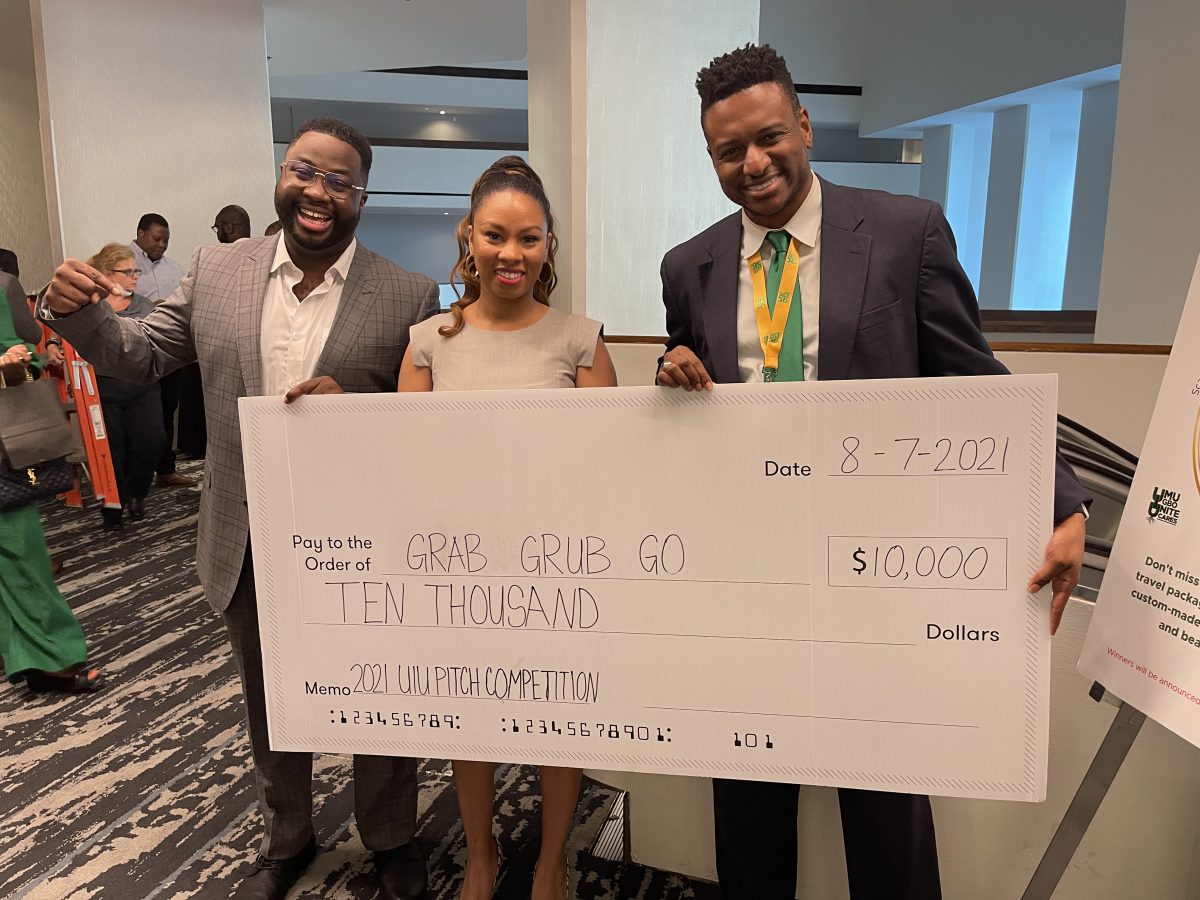


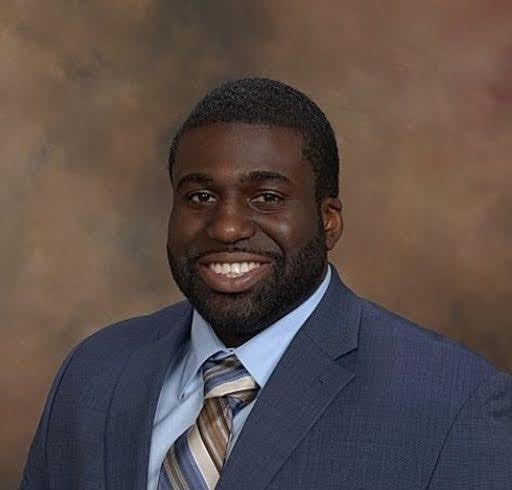
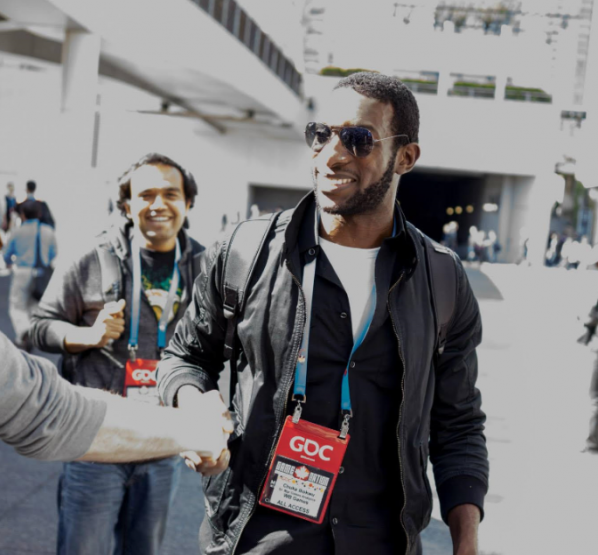
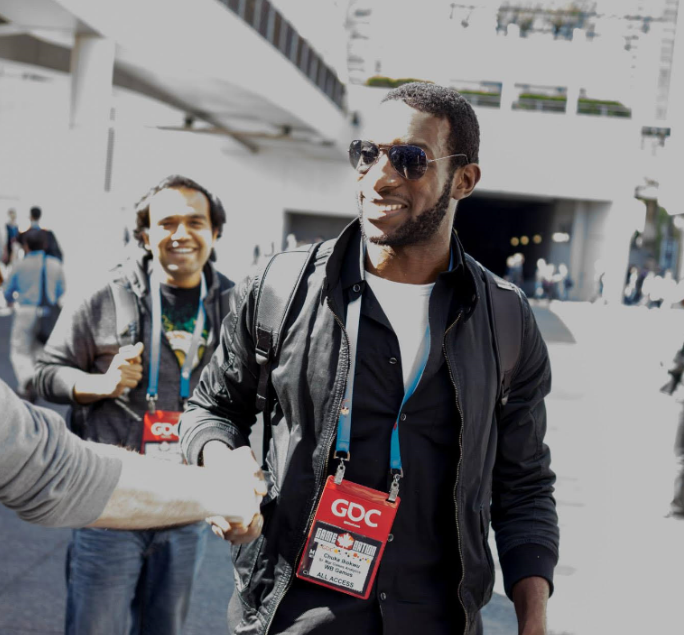

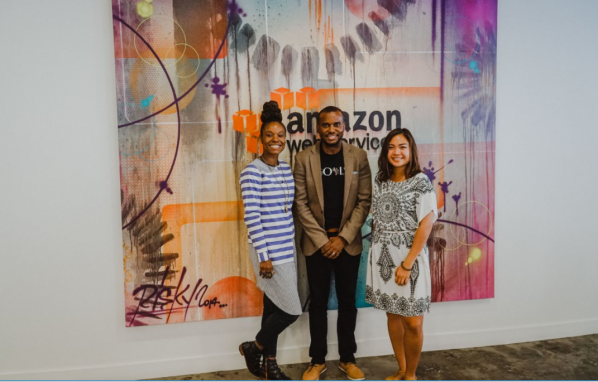

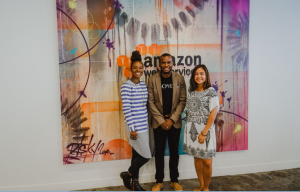
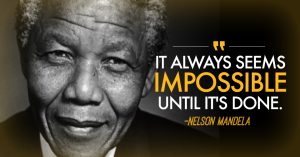 That is something that I live by. It reminds me that regardless of appearances, if you have a dream, you have to just go for it. His life like so many others was a true testament to that fact. Whenever I am facing a challenge personal or otherwise, I turn to that quote to remind me that anything is possible.
That is something that I live by. It reminds me that regardless of appearances, if you have a dream, you have to just go for it. His life like so many others was a true testament to that fact. Whenever I am facing a challenge personal or otherwise, I turn to that quote to remind me that anything is possible.